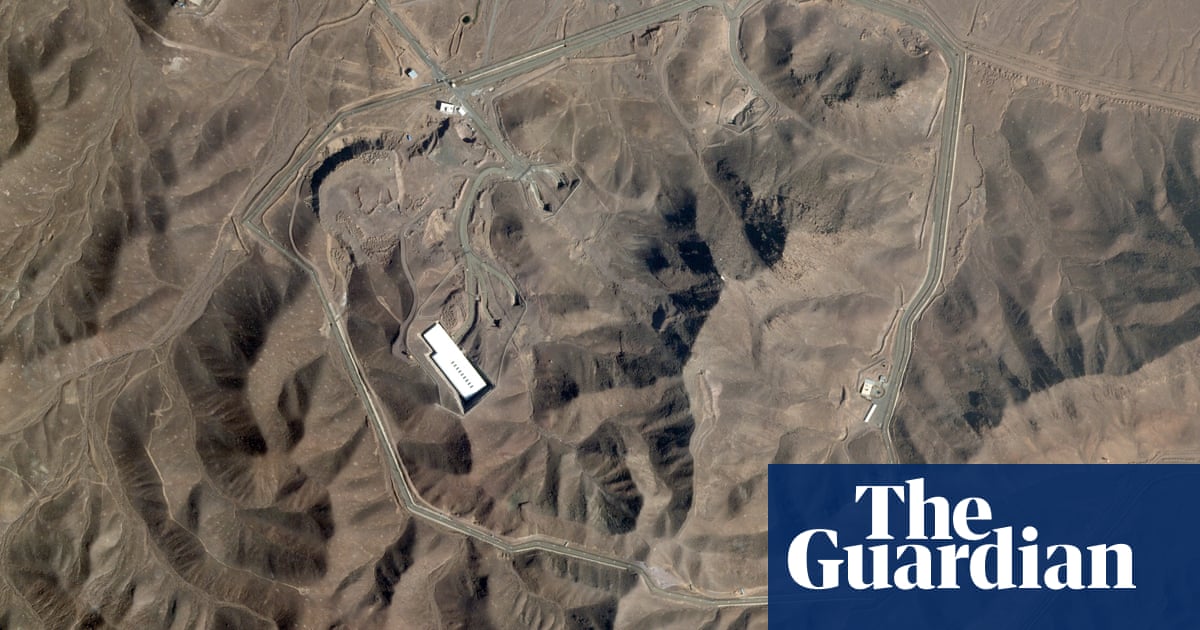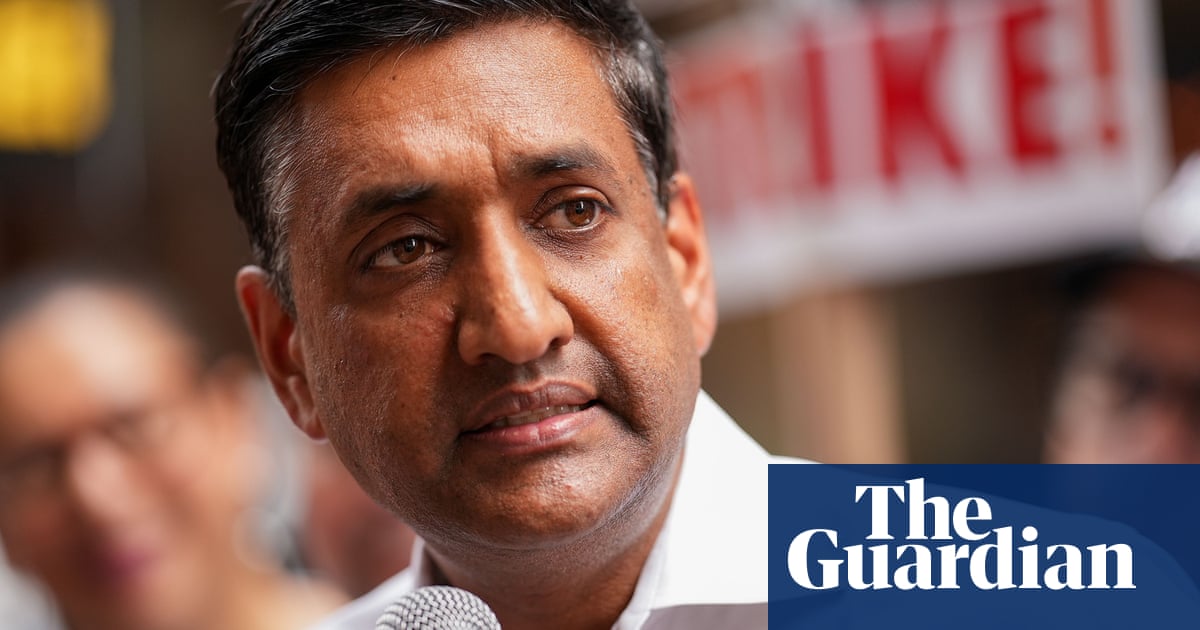Opponents of proposals to legalise assisted dying in Scotland have warned it is ethically wrong to allow the state to help someone take their own life.
Campaigners against assisted dying, including the Silent Witness actor Liz Carr, are staging demonstrations outside the Scottish parliament on Tuesday, hours before MSPs hold a free vote on new legalisation proposals.
Pam Duncan-Glancy, Scottish Labour education spokesperson and one of Holyrood’s few disabled MSPs, said it was a mistake to see this issue as one about choice and personal autonomy. It had far-reaching consequences, she added.
She opposed the bill because “we are legislating for the state to assist someone to take their own life, and in almost every other circumstance we want the state to legislate for people to live and live well”.
That crossed a very significant ethical line, she added. “No one wants to be in pain; I have lived with chronic pain for 41 years, but the answer should be to ensure that as much palliative care should be in place as possible.”
Tuesday’s stage one vote will allow the bill to be scrutinised in detail and amended by a committee of MSPs, but some prominent politicians have spoken out against it, including all three of Scotland’s most recent first ministers – John Swinney, Humza Yousaf and Nicola Sturgeon.
The bill, first proposed by the Scottish Liberal Democrat MSP Liam McArthur in 2021, allows someone to request assisted dying if two doctors confirm they have an advanced and progressive terminal illness.
The person must have the mental capacity at the time of death to understand their decision, and the ability to carry out the procedure to end their life without someone’s help.
McArthur’s bill does not include a time limit; a parallel bill being considered for England and Wales requires doctors to confirm the patient is likely to die in six months or less.
In a post on Instagram on Monday, Sturgeon said she feared the bill’s provisions against coercion could not prevent “internal coercion” where an ill person felt “others might be better off” if they were not there, she said.
“It would risk a situation in which a right to die might become, in the minds of some people, a perceived duty to die.”
Fraser Sutherland, the chief executive of the Humanist Society of Scotland, who plans to speak in favour of the bill outside Holyrood on Tuesday, said the “vast majority” of Scottish voters supported its measures and urged MSPs to be “bold, brave, and compassionate”.
“This bill is about compassion, dignity and the fundamental right to choose,” he said. “Right now, too many Scots with terminal illnesses are forced to suffer or die abroad simply because the law denies them control over their final moments. That is not humane and it must change.
“Assisted dying is not a fringe idea, it is mainstream.”
McArthur, who also sits as one of Holyrood’s deputy presiding officers, said the current system left patients and their families unjustifiably traumatised and meant those suffering “took matters into their own hands”, with the wealthy able to afford assisted dying in Switzerland.
“Scotland cannot put off this conversation. And parliament cannot continue to leave this issue in the ‘too difficult’ box,” he said. “It must, at the very least, allow time for amendments to be considered to see if a bill can be agreed that commands majority support and public confidence.”

 1 month ago
31
1 month ago
31

















































